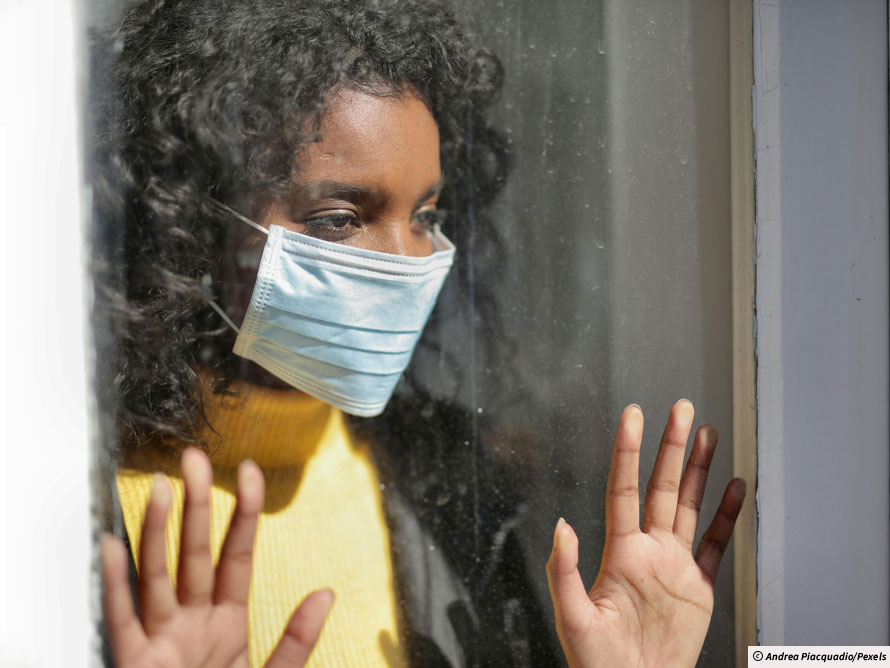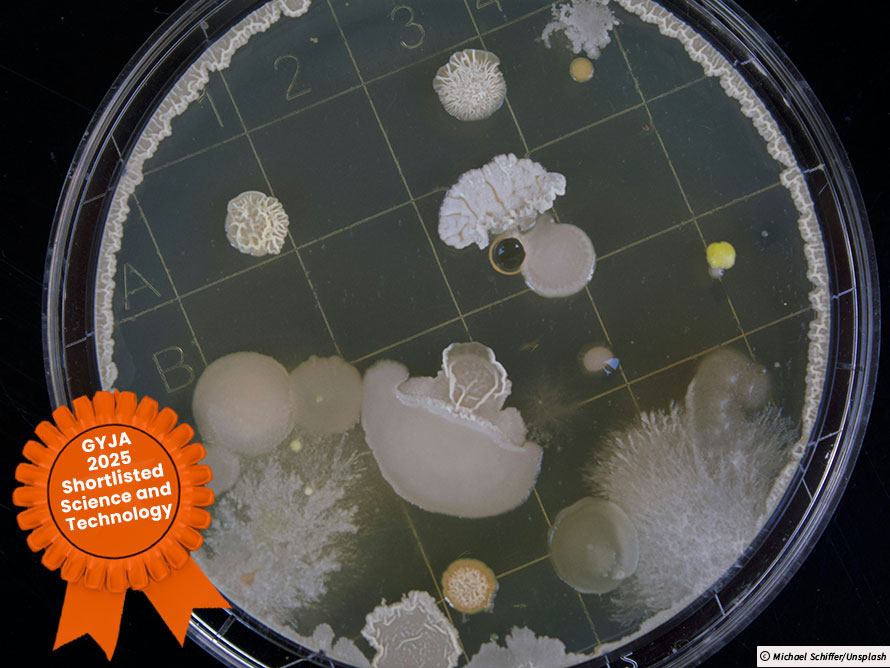The outbreak of a new coronavirus turned our world upside down half a decade ago. Greta Meyer-Minnemann, 13, from the British School of Brussels, says we should not forget the toll on our mental health.
Have you, during the pandemic, seen your parents sad, angry and tired? Fighting each other? Or were YOU maybe demotivated, de-energised and lying in your bed all the time? The question is: was it Covid-19 or was it actually depression? Or maybe it was both?
The reason I am writing this is because many people seem to think that the world is better, because we have created vaccines and returned to school. But in our minds, we still face challenges, and many people underestimate the effects of the aftermath.
Covid-19 killed millions of people: The virus was first discovered in 2019 but was at its peak in 2021 to 2022.
According to research from Statista, around 600 million people had confirmed Covid-19 and almost 7 million people died of it.
But the impact of Covid-19 does not stop with the physical symptoms, which include coughing, loss of smell and taste, fever and more. Since the pandemic, mental health problems have risen too: According to a KFF survey, 90% of the Americans believed the world was suffering from a mental health crisis. And they weren’t wrong.
The pandemic has affected the whole world and approximately four in ten adults (that’s 40% of all adults!) suffered from grief, isolation, insomnia (sleep disorder), job loss, financial instability, anxiety or depression.
The World Health Organisation (WHO) reported that the prevalence of anxiety and depression worldwide rose by 25% in the first year of the pandemic. This is not surprising. Kids were isolated from their friends, people lost family members and jobs, and many financial problems.
In my own experience, I faced hard times, being disconnected from the world and friends, and so did my other classmates and my parents. I had a constant fear that people I knew from other countries, whom I had lost contact with, were sick or needed help.
The use of drugs and alcohol increased rapidly. In the US, a survey by KFF found that 106,600 people died due to drug overdoses in 2021. There have never been more recorded deaths in the country because of overdoses. US researchers from the NIMHThe US National Institute of Mental Health. also found that there were higher than expected youth suicide rates during the pandemic.4
If you feel like you are struggling, and if you are having hard times and bad thoughts, don’t hesitate to tell a trusted adult. You can always call 988, the international suicide prevention hotline.
Interested in submitting your own Student Voices article or video? Find out more here.
Keywords
NIMH – The US National Institute of Mental Health.
- From Statista – The Statistics Portal for Market Data, Market Research and Market Studies
- From KFF | The independent source for health policy research, polling, and news
- From the World Health Organization (WHO)
- From the US National Institute of Mental Health
Cite
While every effort has been made to follow citation style rules, there may be some discrepancies. Please refer to the appropriate style manual or other sources if you have any questions.














